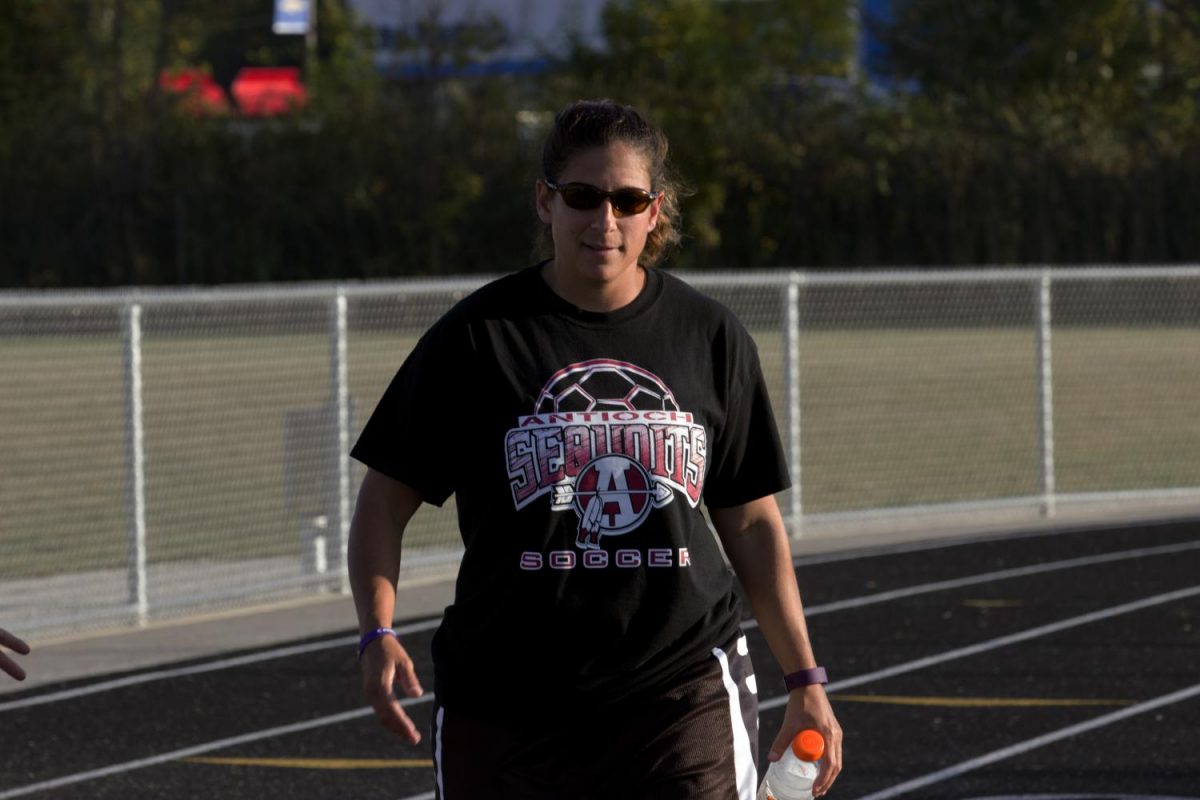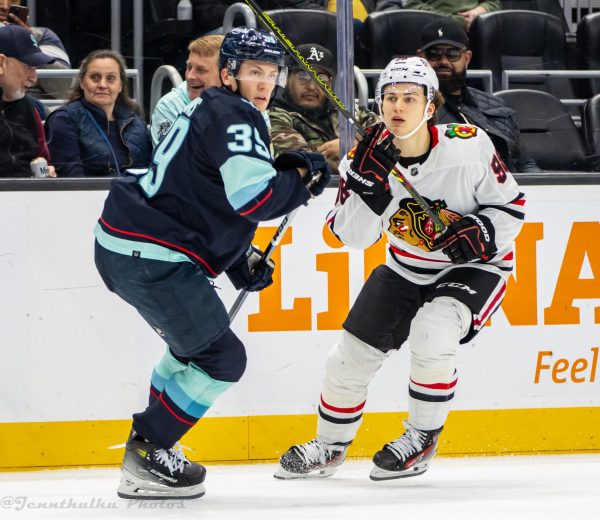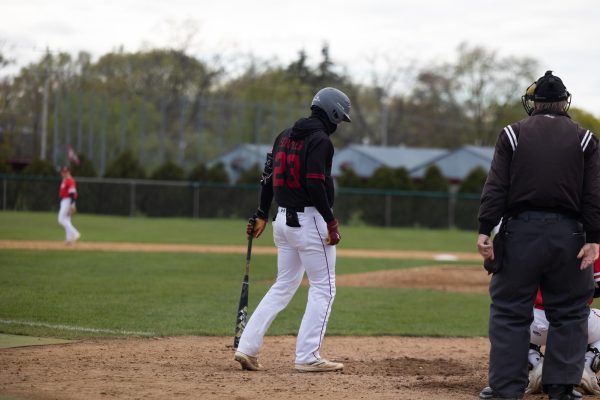Behind the Game Plan
Coaches minds are never at rest; they’re always thinking about how they can beat future opponents.
It is a popular opinion that being a coach can be one of the most stressful jobs to have because the pressure to do well is always on their shoulders. Coaches have many different components to think about when they are planning for games. Depending on the sport that is being coached, sometimes games may be back-to-back or they could be a week apart. Preparation and planning differs depending on the coach and sport.
“Every coach in every sport has got to factor the health of their players and any other factors like who you are playing and what does your opponent run,” head football coach Brian Glashagel said. “Are you playing on a short week? Is it an opponent that runs the same type of offense and the same type of defense? I think that would help. If you’re playing a team that’s really good versus bad.”
Glashagel is not the only person who is constantly thinking on the football staff. Glashagel makes sure that he gets input from all of his fellow coaches, and even from his players.
“If you think about Branden Gallimore and Julius Catalan, both played in Varsity football games as sophomores, so now this is three years later,” Glashagel said. “They’ve seen it all; that’s an advantage.”
Given the experience that Catalan has, Glashagel is always sure to incorporate his ideas.
“If it will help us score points, [Glashagel will] definitely take what I say more heavily into consideration,” senior football player Catalan said.
Being a coach for the football team and having a week in between each game, Glashagel has gotten into a routine where Mondays are for conditioning and watching film, Tuesdays and Wednesdays are days of actual practice, and Thursdays are for special teams and pre-game walk through. However, the one game each year that Glashagel and his team have one fewer day, he simply bumps the practice schedule one day forward. Coaches need to be strategic when creating their game plan during short weeks like these.
Not everyone has the luxury of always having a week in between each game. This is the case for varsity soccer coach and physical education teacher Marni Polakow and her soccer team. Having back-to-back games benefit teams because players never get out of “the zone.”
“No one likes to practice,” Polakow said. “So the closer the games are, the more you can have fun and play.”
Like many coaches, Polakow is willing to do whatever she needs to do in order to put her team into the best possible positions to win any game. Polakow will even go as far as to change into a formation that her team may not be very familiar with if that is what it takes.
As with Glashagel, Polakow has a wide assortment of people to consult with and trust when preparing for a game, such as her senior captains and her assistant coach Matt Bohmann.
“[Coach Bohmann] plans tons of practice sessions for me, comes up with different ideas, and I trust his input,” Polakow said. “If he wants to make a change in the game, then he comes up to me and we do it.”
Along with Bohmann, the captains are very helpful and willing to do whatever they need to do to help out, such as coaching some of the younger, less experienced kids so that Polakow can concentrate on other players, or even pointing out something that they may see in a game.
Coaches see and act different on details of the game depending on the situation and even in some ways that are similar.













